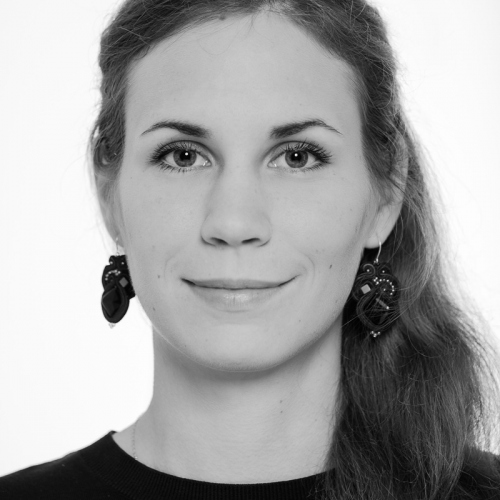Hardly have American and EU legislators enshrined the principle of net neutrality in law, when developments are already gaining strength and openly threatening its survival. The spread of the internet of things will give rise to new challenges to the neutrality principle. However, we should expect that this time the reaction of governments and parliaments will be different. This is because the internet of things makes it impossible to ensure equal treatment for each transfer of data. It is likely that there will be three speeds for data transfers over internet links. Data traffic from specialised services will be privileged, other services will enjoy neutral treatment, while transfers of data from the internet of things may be slowed.
Author: Wojciech Rzepiński
He analyses the growing tension between law and technology. He believes that in this race, “code is law” is not the only approach that will survive. In his master’s thesis he examined whether there is room for privacy in the approaching world of the internet of things.
Would Apple have to crack an iPhone’s security in Poland?
Under Poland’s Criminal Procedure Code, the holder of IT data is required to turn over the data, e.g. concerning the user of a device, at the demand of the competent authorities. But does this apply only to unencrypted data, or also to encrypted data, which to understand would require the holder to decode its own software? Let’s crack this conundrum using the example of the recently publicised American case of Apple Inc.




